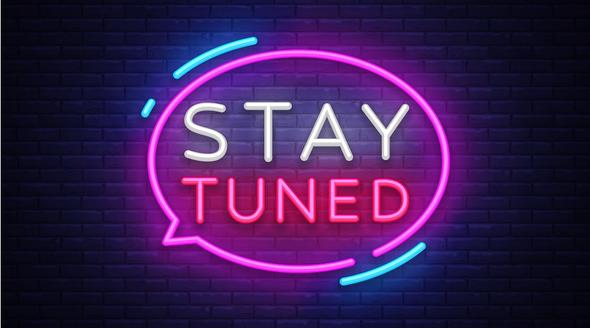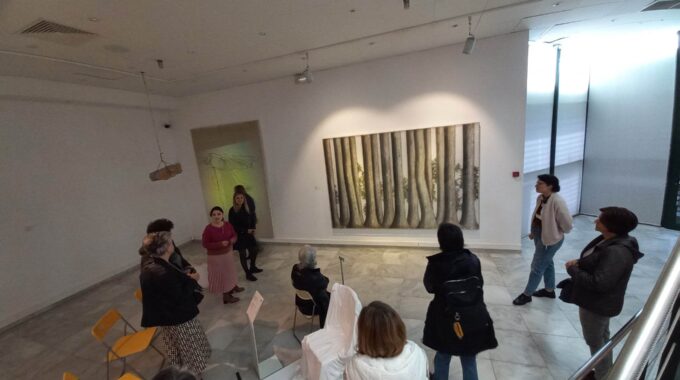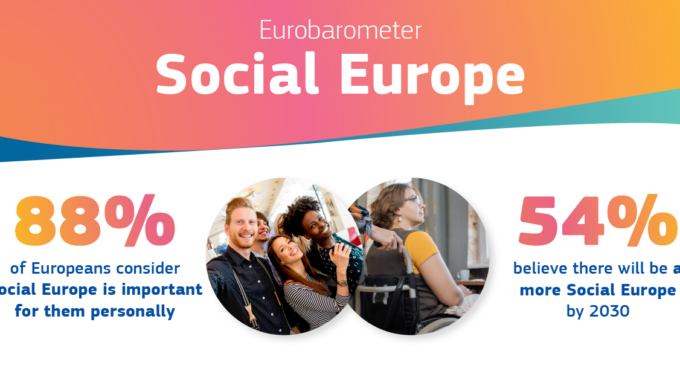
European Institute for Gender Equality: EIGE – Gender Equality Index 2019 focuses on work-life balance
Is gender equality in the EU still moving at a snail’s pace? What can we do better? Where does your country stand? Find out this October when EIGE gives an update on the state of gender equality in the EU.
A new feature of this year’s Gender Equality Index will be a special focus on work-life balance. The Index will explore the diverse ways women and men juggle work and personal commitments, especially when they have to care for young children, older relatives or family members with a disability.
We will look into who benefits most from flexible working arrangements and whether they help or hinder work-life balance. Parental leave will also be scrutinised. Are mothers and fathers equally eligible for it? What are the conditions in different EU countries?
EIGE will also examine life-long learning as a dimension of work-life balance. We will see if women and men have the same opportunities to continuously upskill and stay up-to-date with new developments and technologies over the course of their careers.
Very importantly, we will also get new scores for gender equality in the EU and all Member States. Index 2019 will compare the direction and pace of progress since 2005, highlight each country’s achievements and show areas for improvement.
The Index will continue to show the different realities that people in our society are facing. We will examine how elements, such as disability, age, level of education, country of birth and family type, intersect with gender to create different pathways in people’s lives. For the first time, we will also highlight the situation of LGBT people, Roma women and Muslim women in areas where statistics are available.
Background information
The Gender Equality Index is a tool to measure the progress of gender equality in the EU. The Index has six core domains – work, money, knowledge, time, power and health – and two additional domains: violence against women and intersecting inequalities. It gives visibility to areas that need improvement and supports policy makers to design more effective gender equality measures.
From 2019, EIGE will update the Gender Equality Index on an annual basis. Each year, there will be a thematic focus for the Index that explores the links between gender equality and the chosen topic. This year’s special focus is on work-life balance. Next year, it will be on digitalisation and the future of work.





